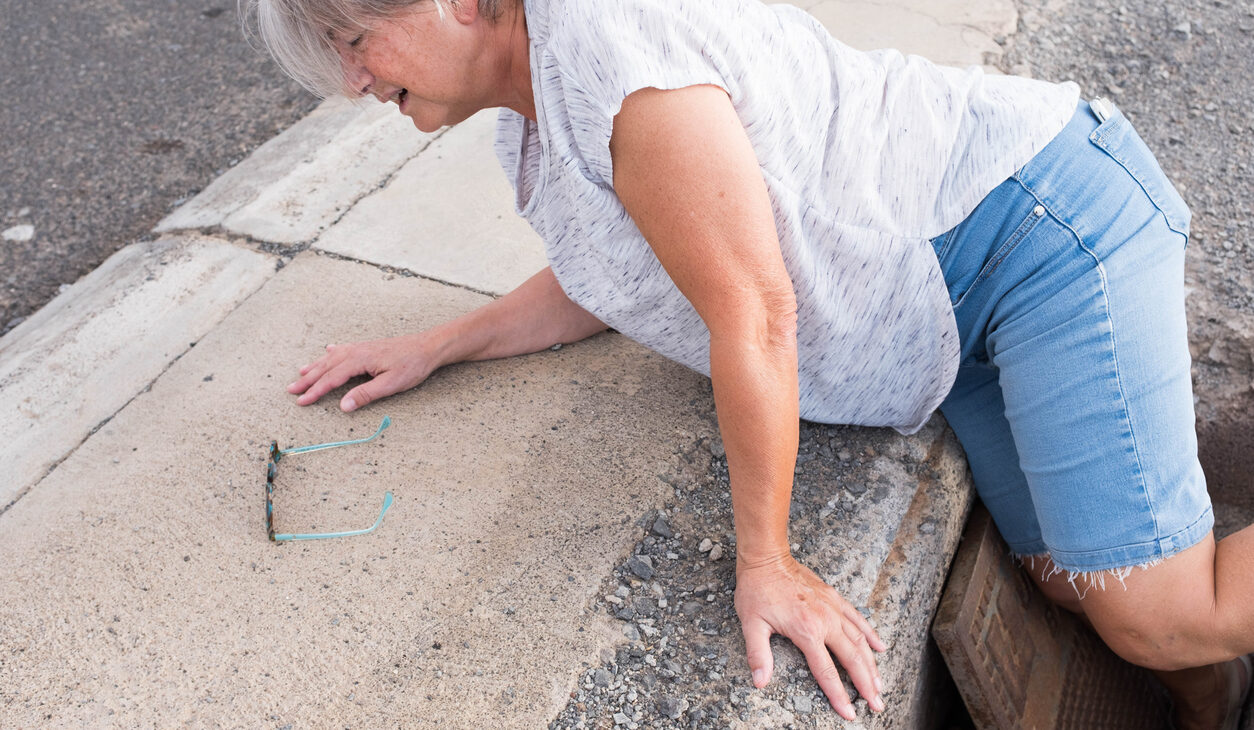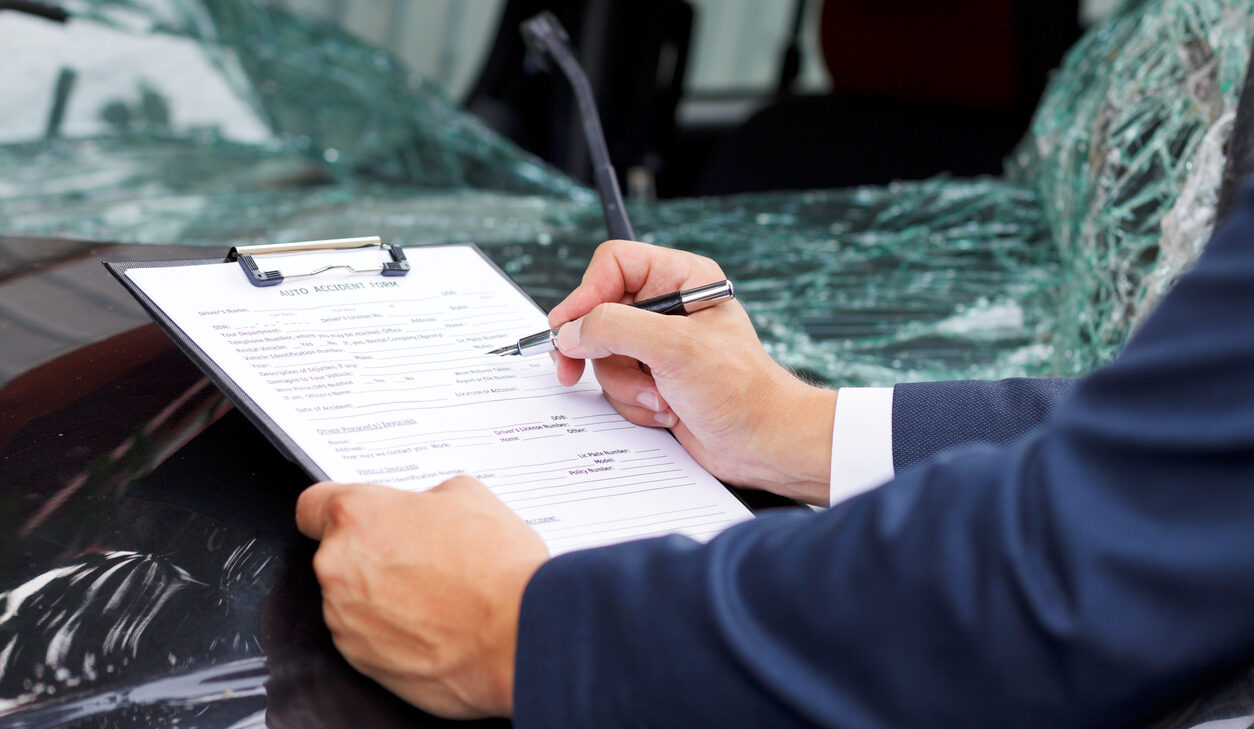-
Workers Compensation
Workers Compensation
Injured at work? We'll help you get workers compensation fast. Our team specialise in protecting your rights and securing the payout you deserve.
Learn moreQuick links
-
Medical Negligence
Medical Negligence
If you've been injured by a medical professional, we'll get you justice and financial support. Our specialist lawyers use world-class evidence to build your medical negligence case.
Learn moreQuick links
-
Public Liability
Public Liability
Injured because of someone else's negligence? From slip-and-falls to animal attacks, and even accidents in rental homes—public liability covers more than you might think.
Learn moreQuick links
-
Superannuation & Insurance
Superannuation & Insurance
Sick and unable to work? A superannuation claim can help. Our experts analyse your policy and find every benefit you're entitled to, including TPD and income protection. We also handle super death benefits claims, and can assist if your loved one has recently passed away.
Learn moreQuick links
-
Road Accidents
Road Accidents
Careless drivers, defective vehicles, dangerous streets — however you're injured on the road, our award-winning team can help. We use decades of experience and expert evidence to get you maximum compensation for your claim.
Learn moreQuick links
-
Will Disputes
Will Disputes
Losing a loved one is always difficult, especially if you feel your inheritance is unfair. For 25 years, our specialist lawyers have helped Australians secure their rightful inheritance.
Learn moreQuick links






